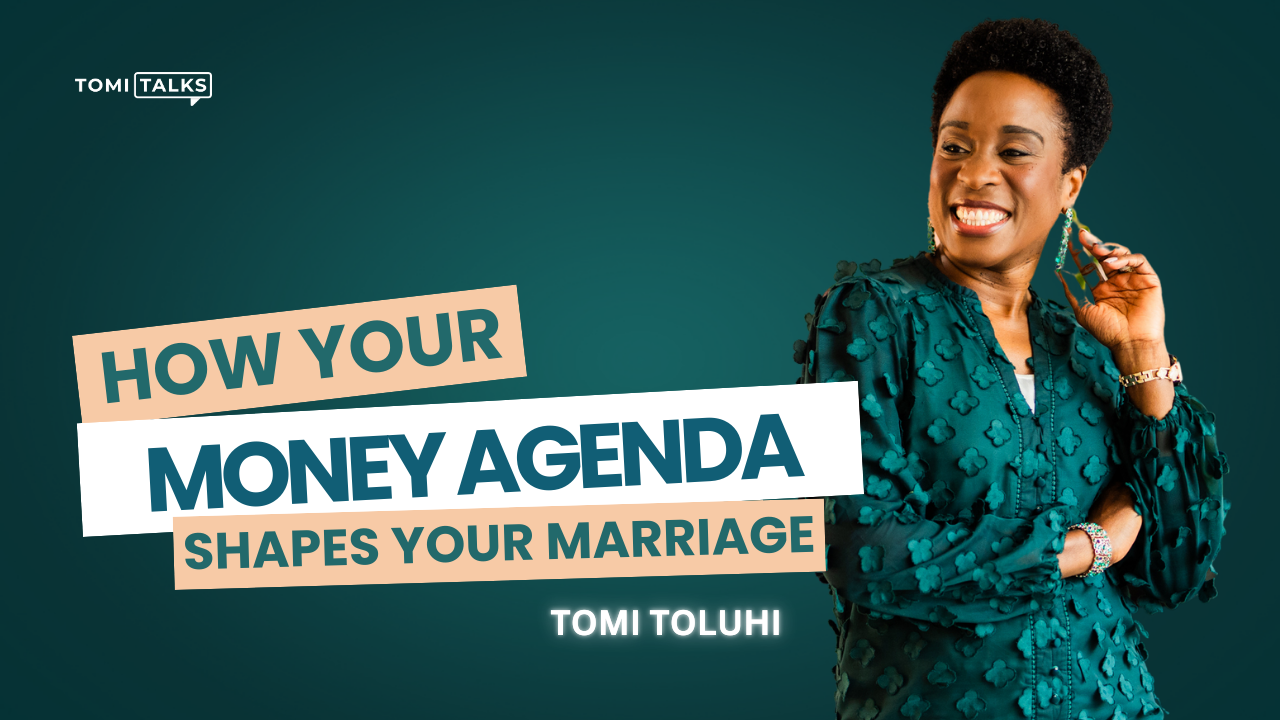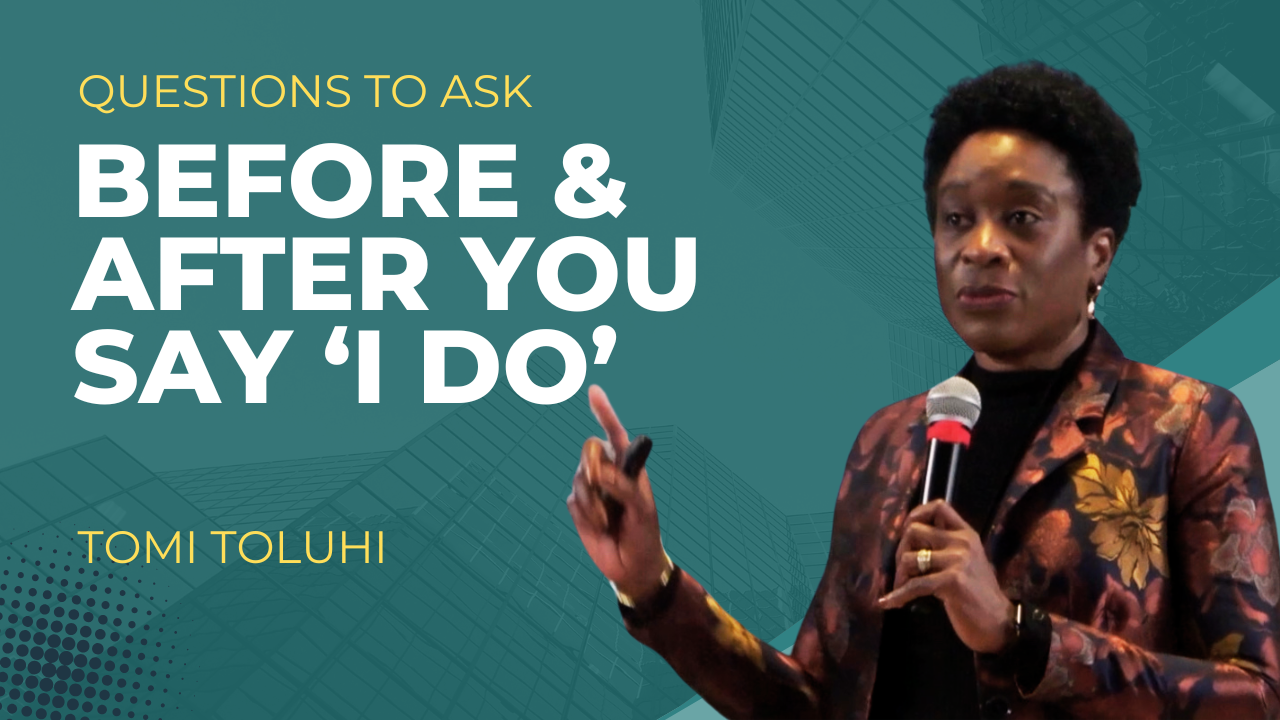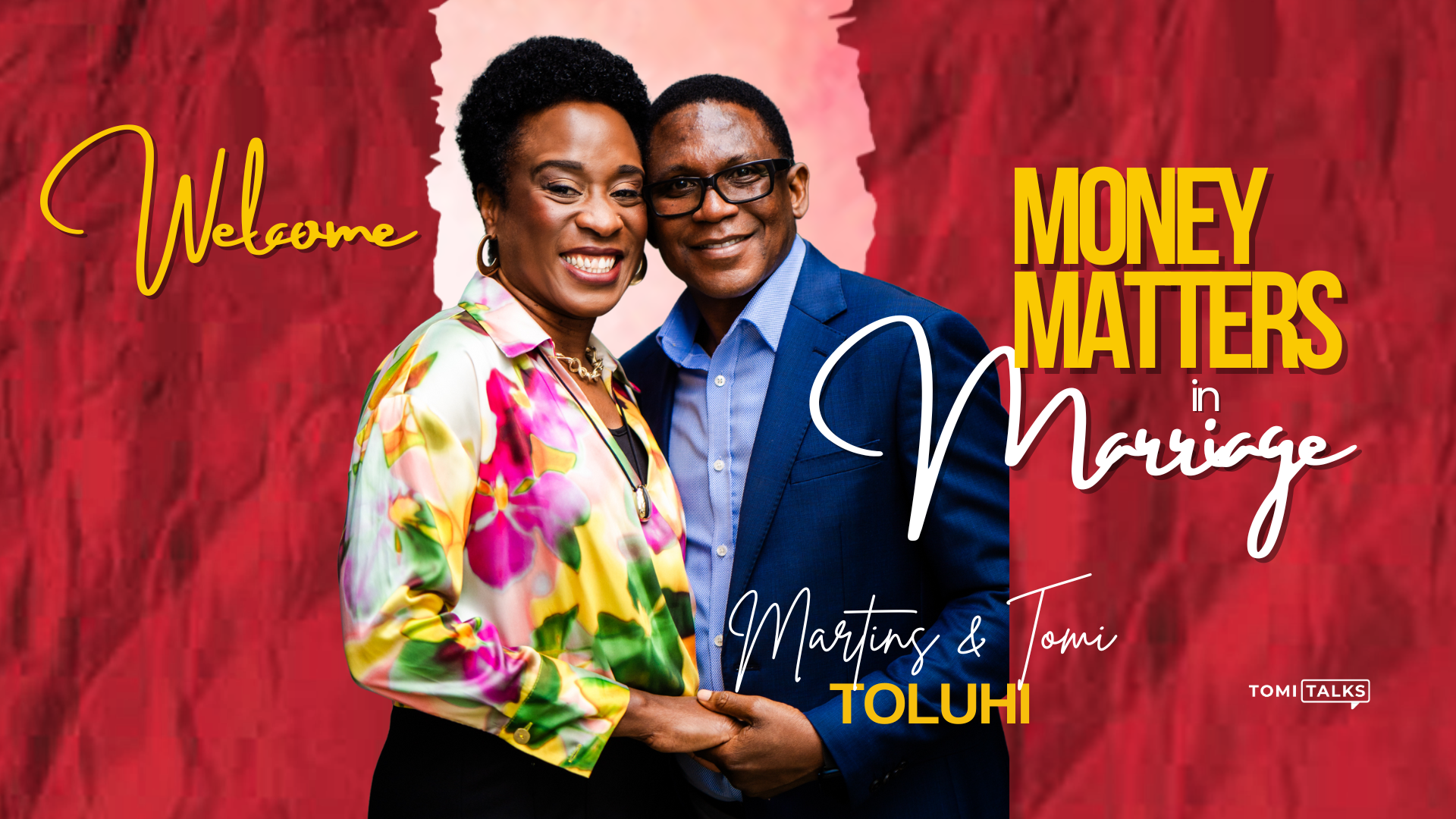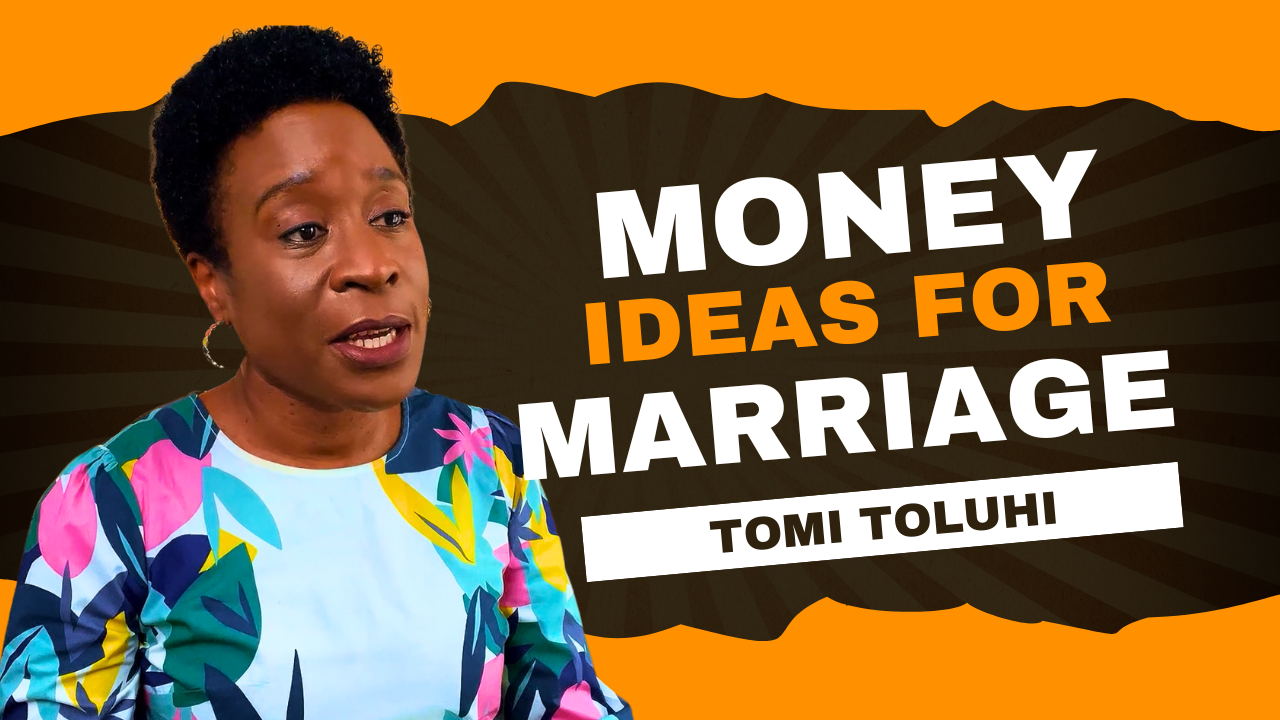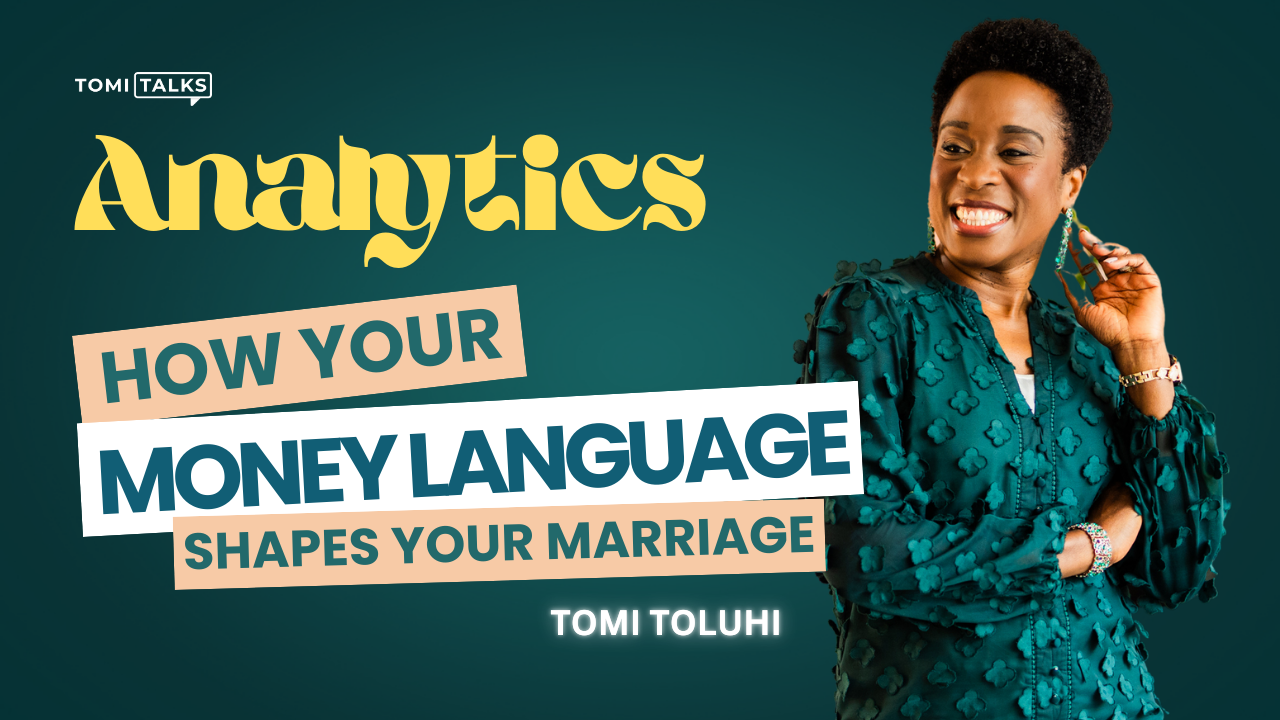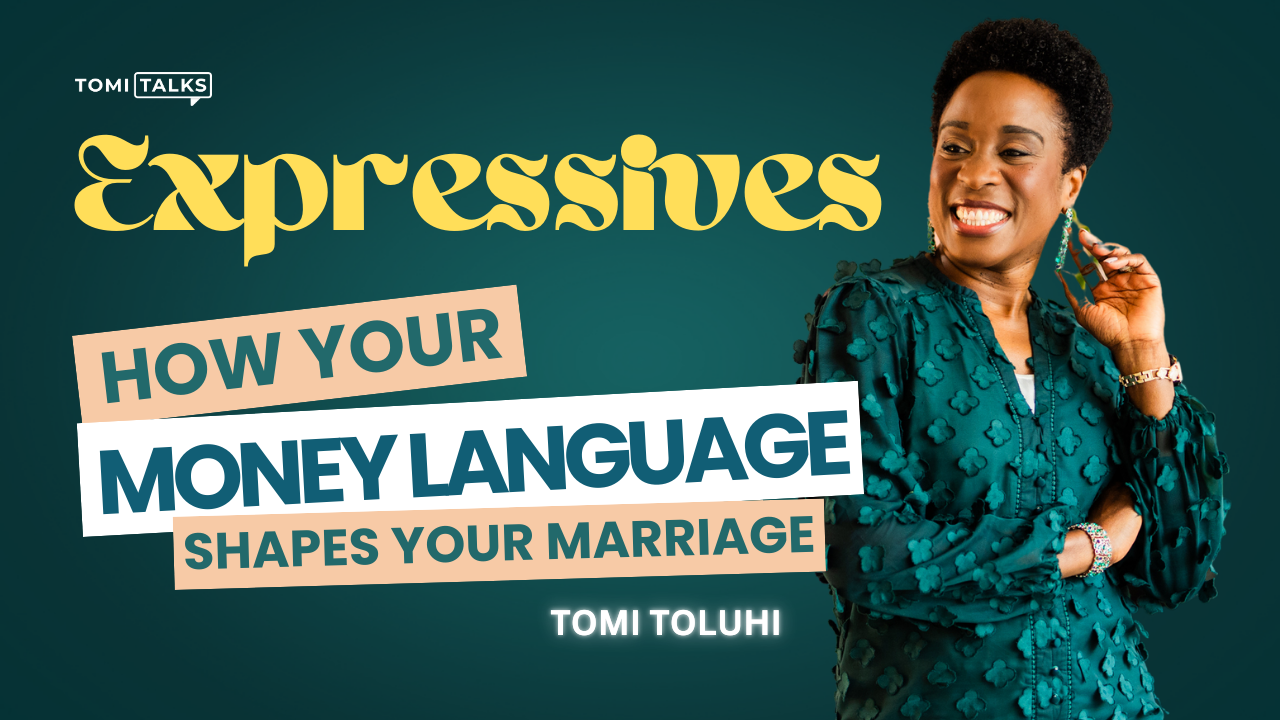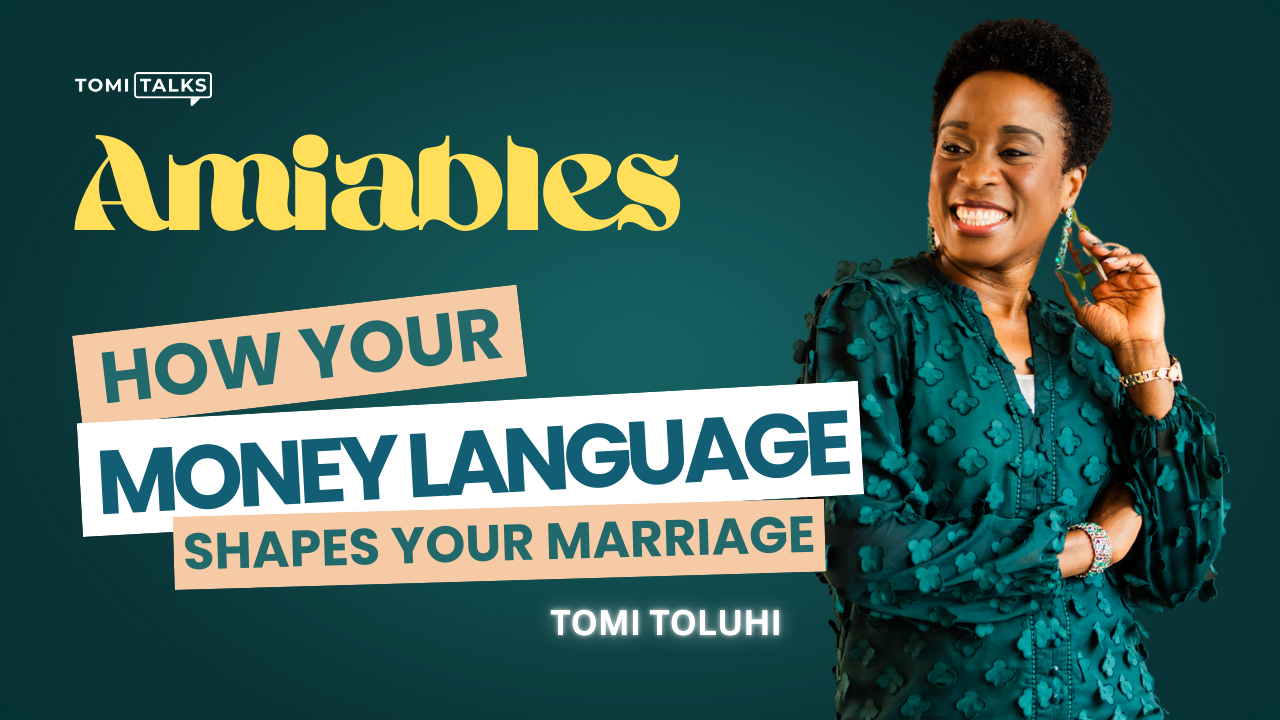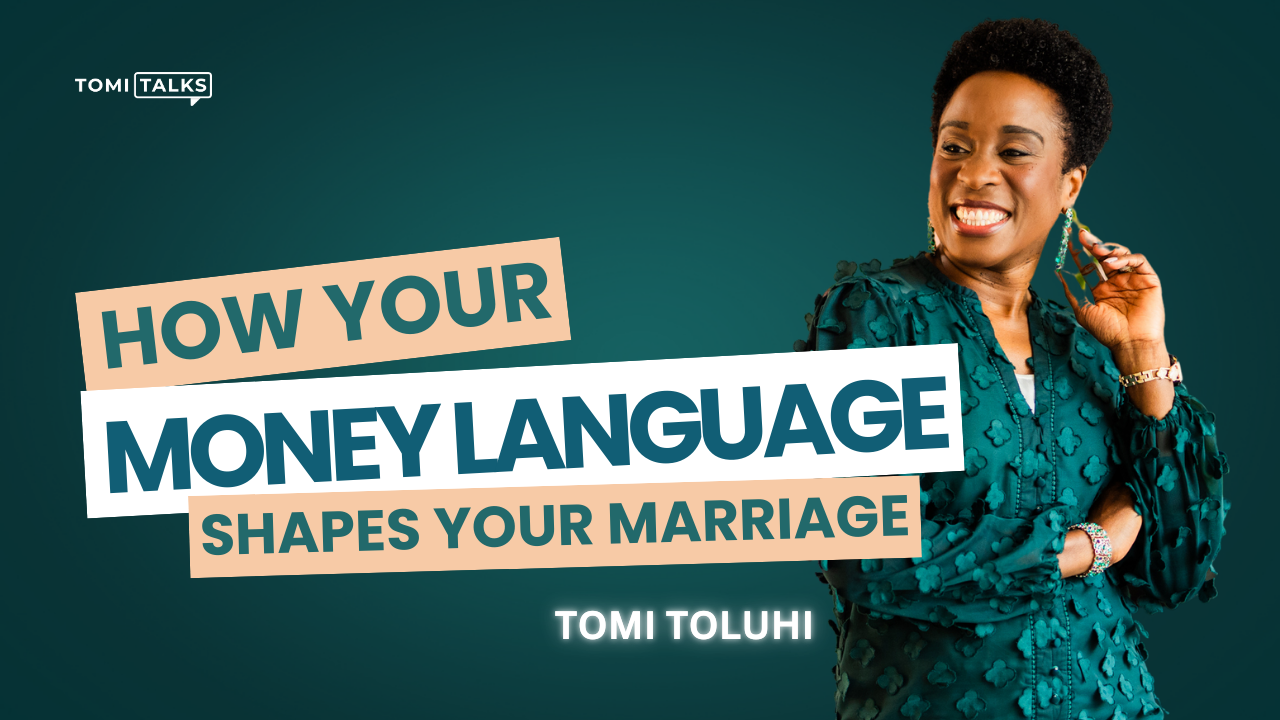Speaking the language of love
 One of our greatest assignments in life is to love the people God brings into our lives. One of the greatest challenges of life is learning
how to love the people God brings into our lives effectively. Falling in love is the easiest thing in the world but staying in love for a lifetime takes knowledge and concerted effort. It will not be enough for your partner to know that you love them. They must feel
your love and you must feel theirs in order for the relationship to thrive.
One of our greatest assignments in life is to love the people God brings into our lives. One of the greatest challenges of life is learning
how to love the people God brings into our lives effectively. Falling in love is the easiest thing in the world but staying in love for a lifetime takes knowledge and concerted effort. It will not be enough for your partner to know that you love them. They must feel
your love and you must feel theirs in order for the relationship to thrive.
God manifested His love for us in a way we could perceive and understand – by giving His Son. The key to your relationship with your friend, partner, parent or child is for you to bridge the gap between the manifestation of your love and their perception of your love. Picture every person God brings into your life as a machine that requires constant refuelling. Some run on petrol, others on diesel, while some are more eco-friendly and run on electricity or even batteries. No matter how much petrol you put in a diesel engine, it will not run because it was not designed to run on petrol.
This is the essence of learning to speak the language of love. Each one of us is born with a peculiar love language; a language in which love must be expressed to us in order for us to perceive it as love. If those closest to us do not consistently express love to us in a way we can perceive, our love engine will break down at some point. The other side to this is that we tend to express love in the language we understand. We give what we want to receive; not realising that what we need may not necessarily be what the other person needs.
If you can recognise your love language and discover the love languages of those closest to you, your relationships will be so much richer if you act on that knowledge. In his book, The Five Love Languages , Gary Chapman introduces the concept of love languages and explains that we all have a primary and secondary love language. See if you can identify yours.
Words
Words are a universal mode of expression but when they are your primary love language, they mean much more to you. If this is your love language you thrive on words of affirmation which highlight your value to the person speaking. You are the sort of person that needs to hear ‘I love you’ or ‘You mean the world to me’ frequently. Affirming words which draw attention to your qualities and abilities build your self-esteem and make you feel cherished. You thrive on compliments; the more specific, the better. Verbal appreciation matters to you as do meaningful cards, quotes and poems. Harsh words are particularly devastating to you and you will replay a verbal slight over and over in your mind.
Gifts
A gift is a symbol of a thought and more so to you if this is your love language. If you are the sort of person who would give the shirt off your back to make someone else happy, this might be your love language. People whose primary love language is gifts were probably always making little projects for others as a child. Making cards, picking flowers, sharing sweets, anything to make someone else smile. As they grow older they express their love by giving frequently and are very generous in that sense. Givers attach sentimental value to the gifts they receive and are often disappointed when you forget their birthday because they will never forget yours. For such people, it’s not how expensive the gift is; it’s the time and thought that makes them feel special.
Time
Are you someone who loves to chat for ages on the phone with friends, likes to meet up for lunch or dinner and enjoys sharing activities with others? Your love language might be time. Quality time with a loved one where you have their focussed attention is very valuable to you. Time is an irreplaceable commodity and to give it to another person communicates that you value them greatly. People with this love language don’t even care what you do together; even if you just sit together talking quietly, watching TV or reading, it all counts as long as it is shared with you. The most devastating thing you can do to such a person is not to be there when they need you.
Touch
Touch is a universal expression of love which communicates acceptance. There are people who thrive on touch more than others and they are not difficult to identify. They will hug you to make you feel better and hold your hands to show they care. They will pat you on the back to encourage you and touch you when they talk to you. Non-sexual touch feeds a need in these people and they will give lots of eye contact when they speak. While this love language more than others might be tempered by what is culturally acceptable, in their close relationships touchers will reach out physically often and will value touch much more than others do.
Service
Some people live for activity; they must always be doing something to make somebody else more comfortable. At work, they are the ones who love to make cups of tea for everyone else, wash everyone else’s coffee cups and help others out at the expense of their own work. At home they will express their love by meeting the needs of their family, cooking, cleaning, running errands – anything to take care of others. They will go out of their way to make others comfortable but they get hurt when others do not return to the favour. These people are gifted in hospitality and will inconvenience themselves to help others.
P.S. Giving is a language of love. Be a giver today and share this post with someone you care about.
